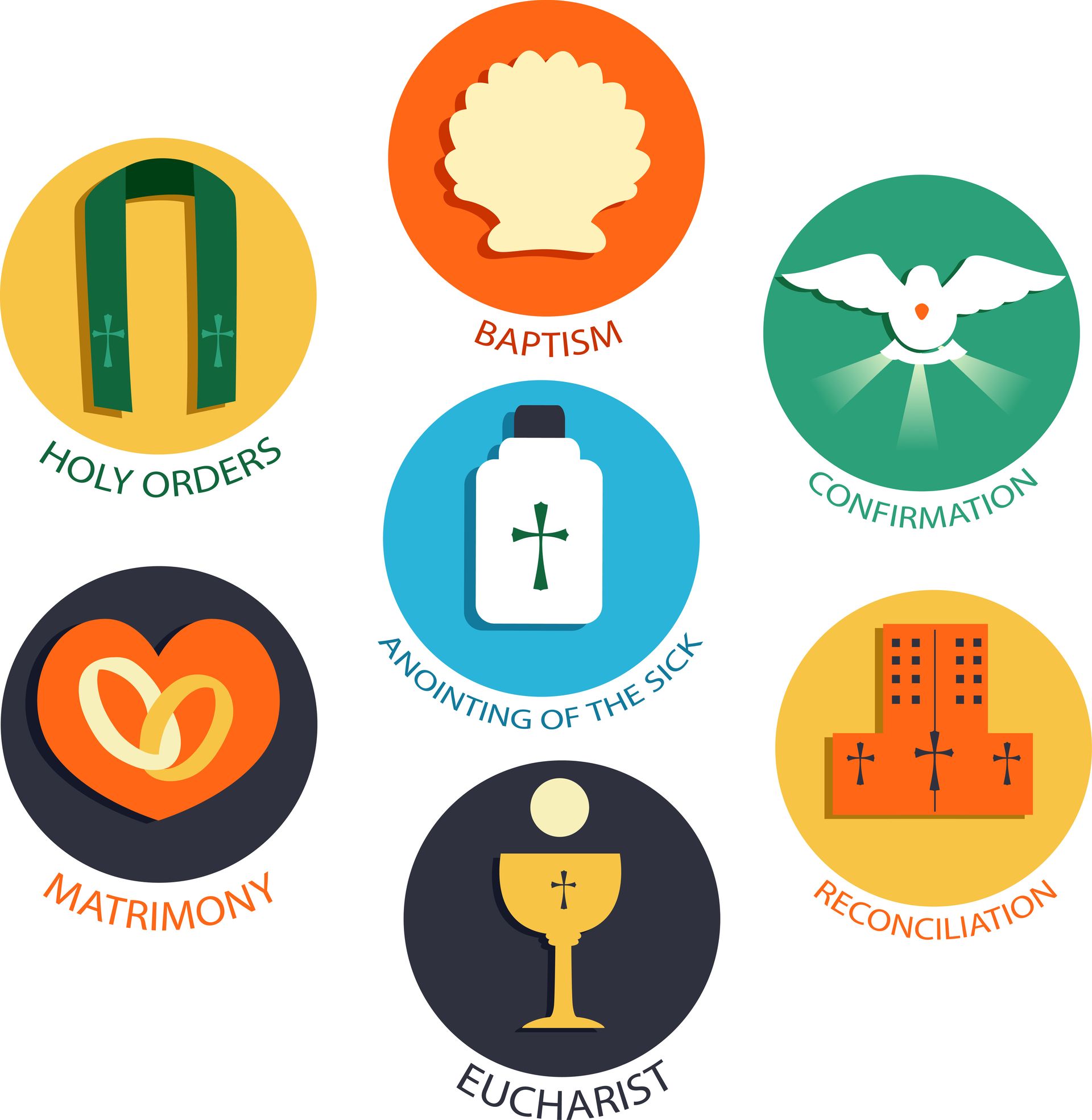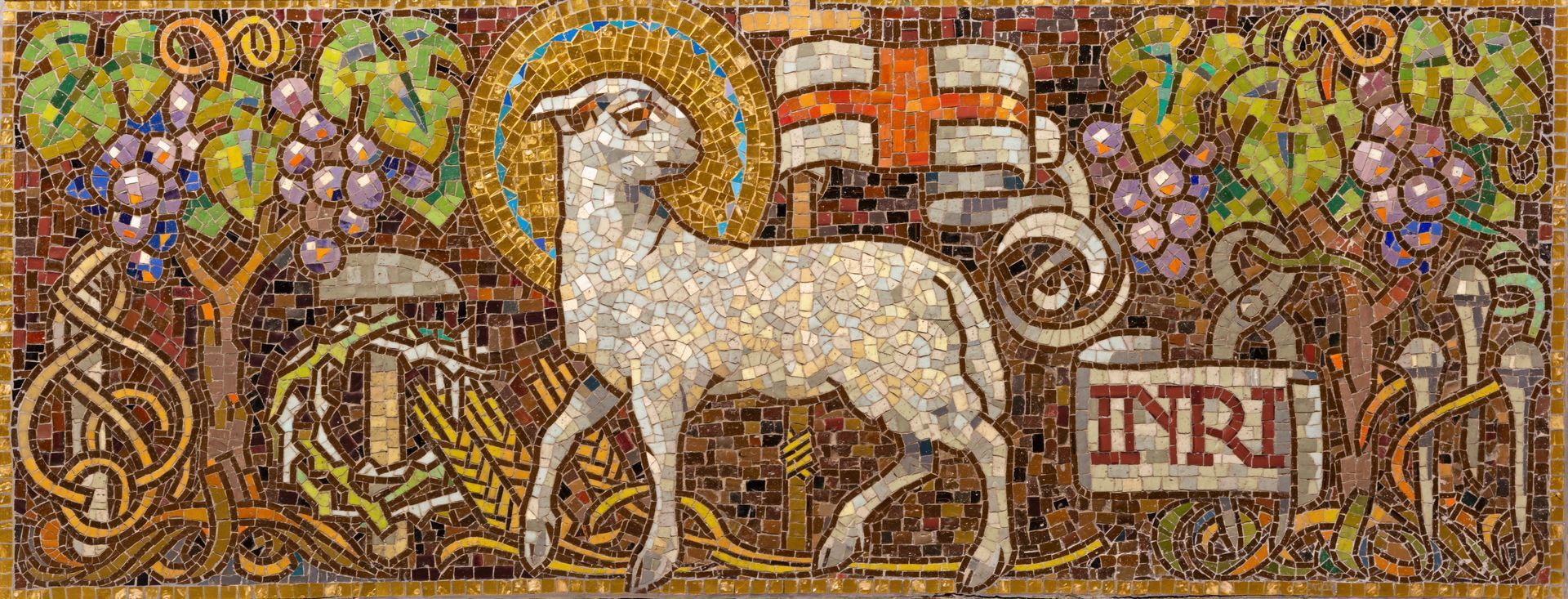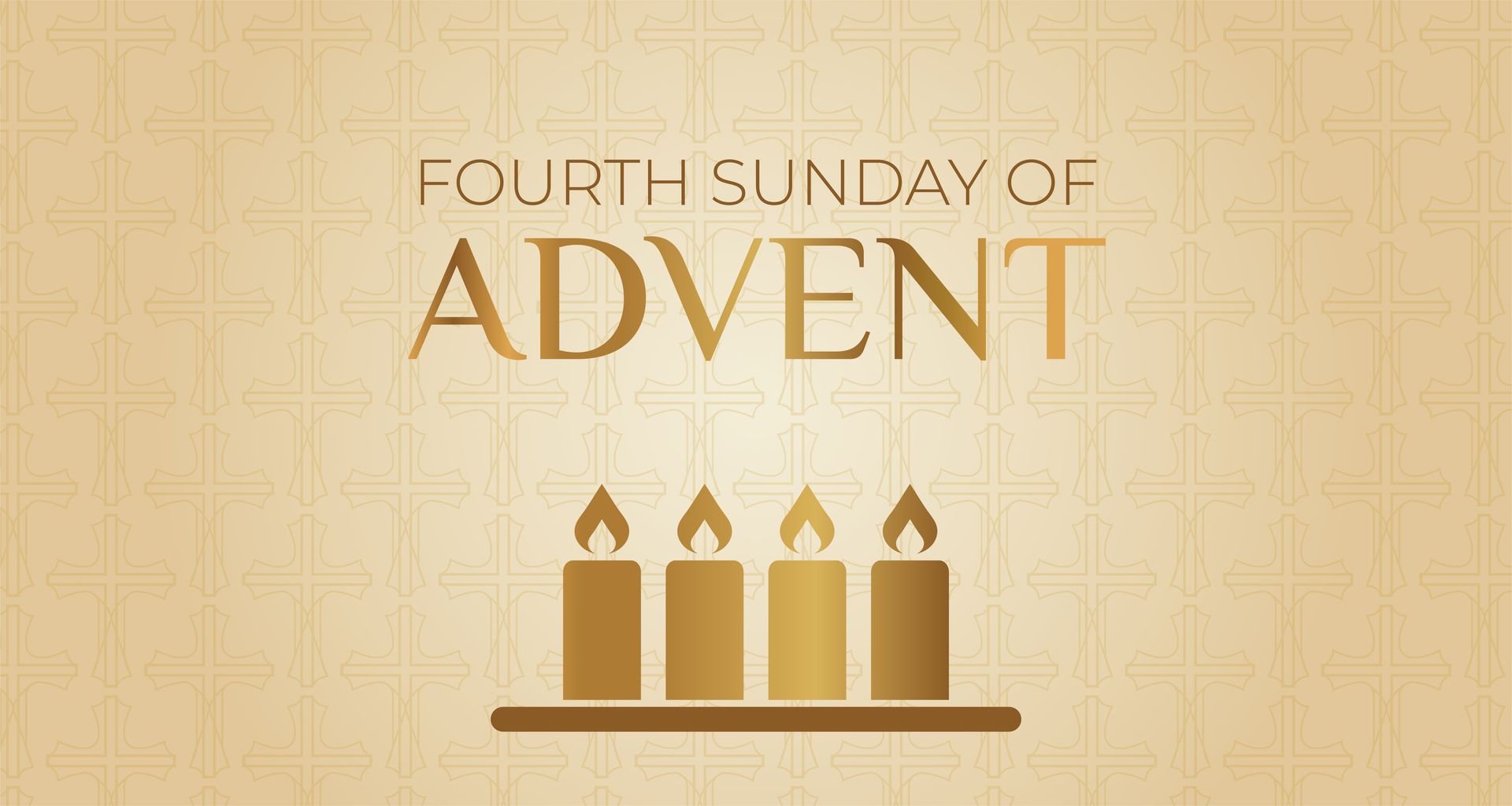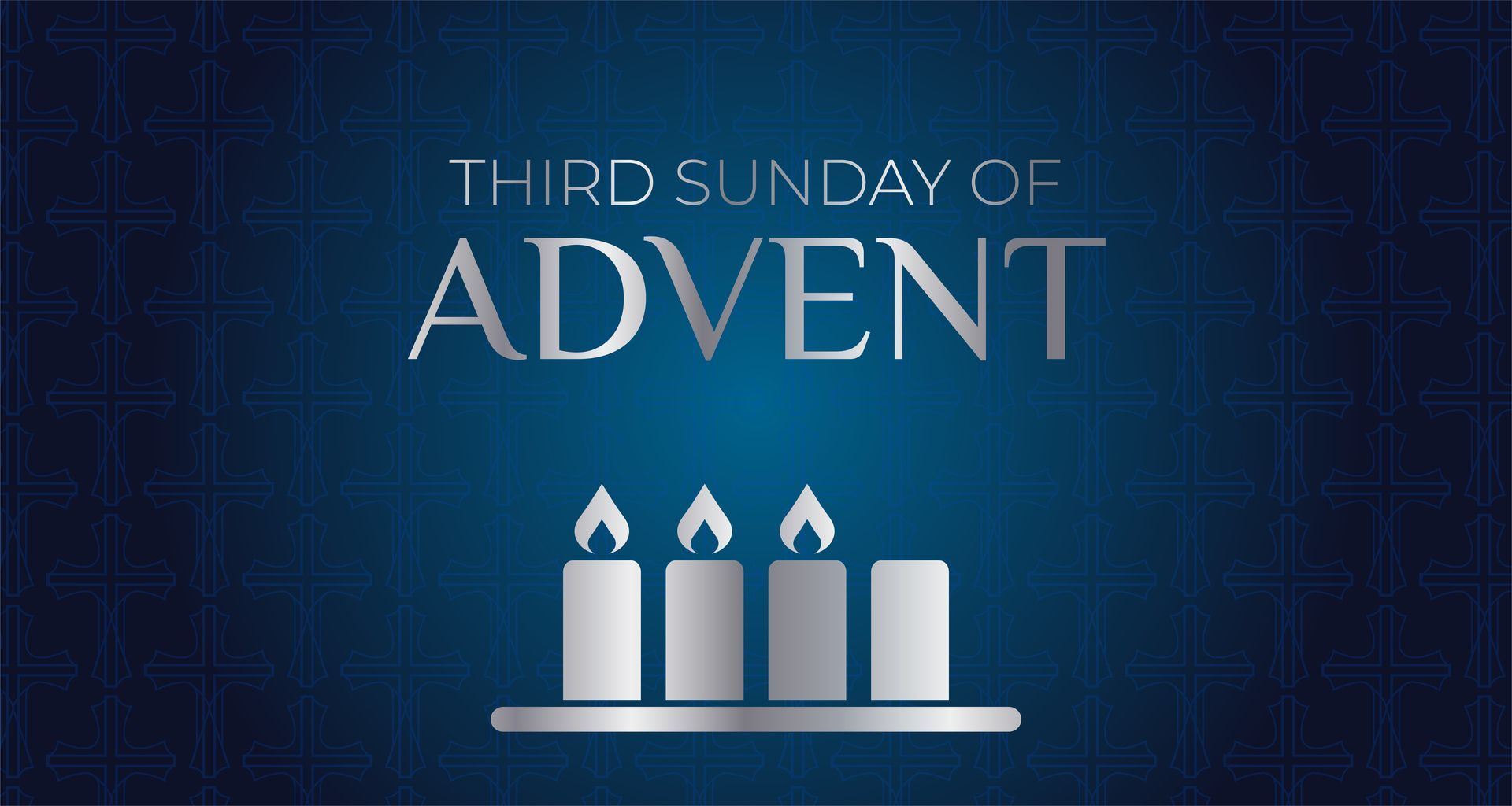Exiit qui seminat
Sacraments of the New Law

One of the bonuses of being a priest is that sometimes I get asked to do things that I don't normally do as a part of my ministry, but I really enjoy. Now is one of those times. A few months ago, I was asked to teach the canon law of marriage to a group of men preparing to be ordained permanent deacons. Apparently, it went really well and I was asked back to teach 12 weeks of Sacramental Theology. Teaching about the faith has always been one of my favorite things to do and not only do I really appreciate the opportunity, I get charged up and excited any time I have the ability to do so. Occasionally, I get to learn something new myself. In attempting to ask the question, "What is a sacrament?", we are reminded that Christ Himself is the ultimate Sacrament, sent forth from the Father for the salvation of the world. The Church herself is a Sacrament, established by Christ to fulfill His sacred mission. Then comes what we know as "the 7 Sacraments", instituted by Christ to give grace. But what I didn't realize was that in trying to answer that question for the soon-tobe deacons, that the Church makes a distinction between the sacraments of the Old Law and the sacraments of the New Law. Before the coming of Christ, the Old Law (the Old Testament) operated by anticipation of Christ’s redemption through such sacraments as circumcision, the Paschal Lamb, the consecration of priests, and the ritual washing for purification among other things. These "sacraments" were precursors of what was to come and be fulfilled by Christ. The sacraments of the New Law (namely the New Testament) are founded by Christ to confer specific graces. These graces are meant to sanctify us as individuals, as well as to sanctify us all as a Church and the People of God. Sacraments of the "New Law" help strengthen us and as a remedy for sin. In the end, the New Testament is prophesied and promised in the Old Testament and what was hoped for in the Old Testament is fulfilled in the New Testament ... and the sacraments are no exception.













